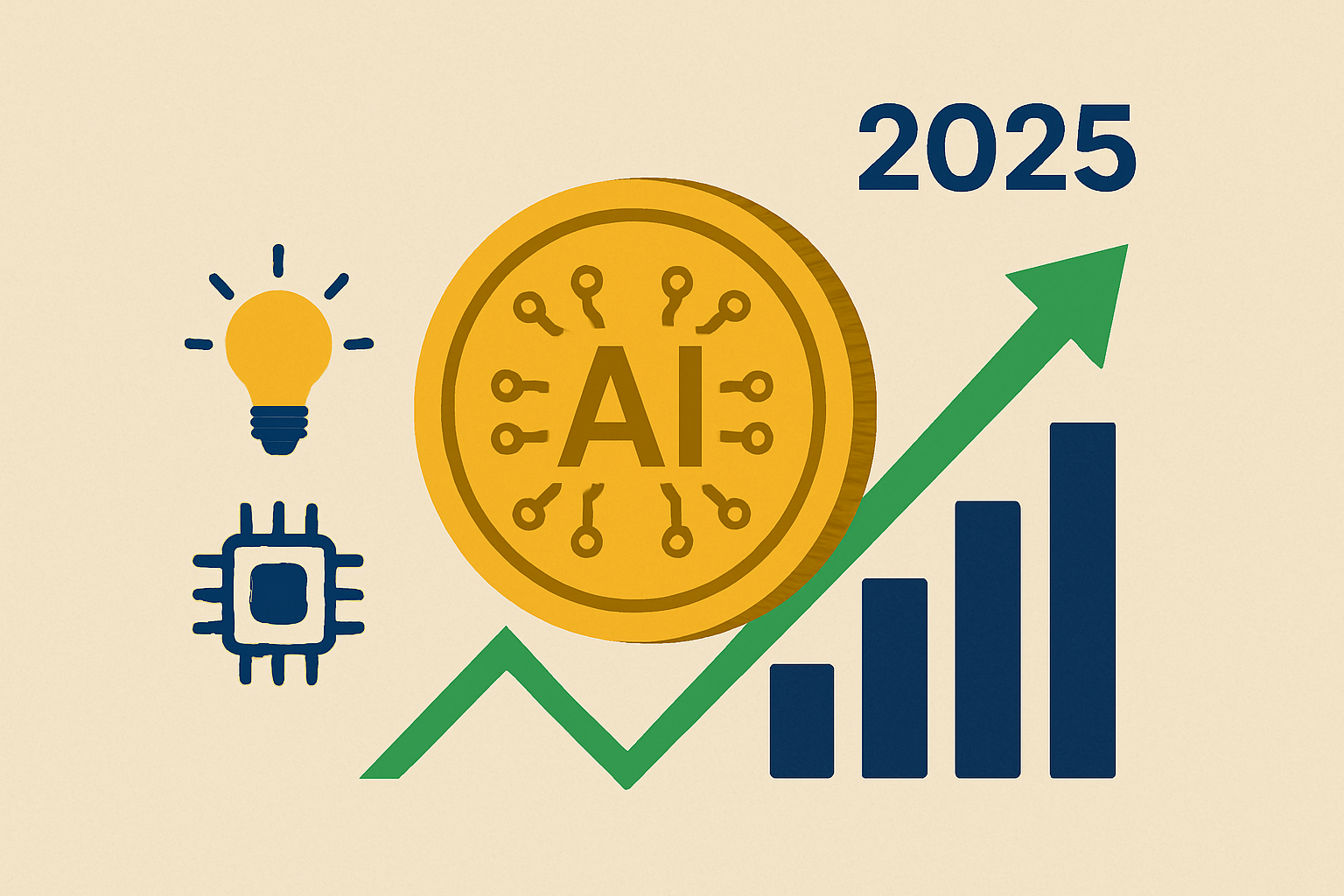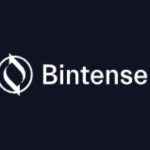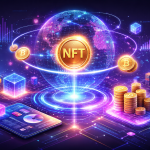AI
AI Tokens Surge In 2025 As Investors Embrace Utility And Innovation

Introduction
The cryptocurrency market has once again entered a phase of heightened excitement, this time revolving around a niche but increasingly influential sector—AI tokens. Tokens like Fetch.ai, Ocean Protocol, and SingularityNET have seen significant price spikes in recent weeks, with many of them recording double-digit gains over the weekend leading up to June 23, 2025. This rally has sparked discussion across the blockchain community and traditional finance sectors alike, raising questions about the real-world applications of AI-integrated blockchain platforms and whether this trend is another short-lived speculative wave or the beginning of a more sustained growth cycle.
AI tokens, which combine the power of artificial intelligence with blockchain infrastructure, have been quietly gaining traction over the past year. These projects aim to revolutionize sectors such as data management, automation, machine learning marketplaces, decentralized decision-making, and real-time analytics. Now, with the growing demand for on-chain data intelligence and decentralized AI services, investors appear to be reevaluating the long-term potential of these assets. The recent surge in their valuations may be just the beginning.
Understanding AI Tokens: A Convergence Of Technologies
AI tokens represent digital assets tied to platforms or ecosystems that integrate artificial intelligence into blockchain functionality. These tokens are typically used to access AI services, support governance mechanisms, or incentivize participation in machine learning marketplaces. The concept behind these projects is to decentralize the benefits of AI by allowing users and developers to collaborate and trade data, models, and computational power without the need for a central authority.
Platforms like Fetch.ai offer autonomous economic agents—digital entities powered by AI that perform real-time optimization tasks in various industries such as transportation, logistics, and energy. Ocean Protocol, on the other hand, focuses on democratizing data sharing through decentralized data marketplaces powered by AI. SingularityNET enables AI developers to monetize their models and collaborate via a decentralized marketplace, allowing anyone to buy or sell AI services using the native AGIX token.
The increasing relevance of AI across industries—ranging from healthcare to finance—has made these tokens attractive to both crypto-native and traditional investors seeking exposure to cutting-edge technologies.
What Drove The Price Surge?
The latest price surge of AI tokens has been attributed to several key factors, including:
1. Investor Repositioning Toward Utility-Based Assets
As the crypto market matures, there is a noticeable shift in investor sentiment from speculative meme tokens toward projects that offer real-world use cases. AI tokens offer a compelling narrative that combines two of the most disruptive technologies of the century—blockchain and artificial intelligence. This appeal is especially potent among institutional investors who are becoming increasingly focused on long-term viability and technological relevance.
2. Surge in AI Adoption Across Industries
Major announcements from companies like NVIDIA, Google DeepMind, and Microsoft about new AI capabilities have kept artificial intelligence at the center of global innovation discussions. With growing attention on the power of AI to transform industries, blockchain-based AI platforms have emerged as promising candidates for decentralized and privacy-respecting alternatives. This broader enthusiasm around AI has spilled over into the crypto sector, boosting demand for AI-related tokens.
3. Ecosystem Developments and Partnerships
Several AI token projects have announced key updates and partnerships recently. Fetch.ai unveiled a new version of its autonomous agent framework, optimized for logistics and urban infrastructure. Ocean Protocol secured a partnership with a major European telecom operator to develop data-sharing networks powered by blockchain. SingularityNET is reportedly working with academic institutions in Asia to deploy decentralized AI solutions in healthcare diagnostics. These developments have increased the perceived legitimacy and future potential of the platforms, attracting a new wave of investors.
4. Positive Market Momentum and Technical Breakouts
The overall bullish sentiment in the altcoin market has played a supporting role. As Bitcoin maintains relative stability and Ethereum continues to build on its post-merge advancements, investor attention has turned to smaller-cap tokens with growth potential. Technical indicators for AI tokens signaled breakouts from multi-month accumulation patterns, triggering algorithmic buy orders and retail FOMO.
Token-By-Token Breakdown: Fetch.ai, Ocean Protocol, And SingularityNET
Fetch.ai (FET)
Fetch.ai has positioned itself as a leader in the autonomous agent economy. The platform enables developers to create software agents that can perform complex tasks—like predicting traffic patterns or automating supply chain logistics—without human intervention. The recent surge in interest is partly attributed to Fetch.ai’s latest upgrade, which introduced scalability features and improved agent efficiency by nearly 40 percent.
As of June 23, 2025, FET has climbed over 20 percent in just five days, trading at its highest level since early 2023. Analysts believe this is more than a technical rally, pointing to real adoption in energy management and smart transportation applications across Europe.
Ocean Protocol (OCEAN)
Ocean Protocol focuses on unlocking data for AI use while preserving privacy and ownership. Its decentralized data exchange model allows users to control their data and monetize it safely. The Ocean Market, a flagship product of the platform, recently surpassed 1 million datasets published—a milestone celebrated by the community.
OCEAN tokens surged nearly 18 percent over the weekend, following the announcement of its data initiative with telecom giants in Europe. This deal is expected to enhance cross-border data liquidity for smart cities and healthcare providers using privacy-preserving AI.
SingularityNET (AGIX)
SingularityNET is perhaps the most well-known of the three, largely due to its association with Sophia the robot and its founder, Dr. Ben Goertzel. The AGIX token powers a decentralized marketplace where developers can sell AI algorithms, from natural language processing to facial recognition tools. The platform also allows for interoperability between different AI agents, making it a hub for collaborative innovation.
AGIX has seen a weekly price increase of nearly 25 percent, buoyed by news that the platform is working with several Asian governments to implement AI-driven diagnostics in public hospitals. This move could significantly expand AGIX’s utility beyond research and into national healthcare frameworks.
Market Sentiment: Retail And Institutional Interest Align
Both retail and institutional investors are paying attention. On platforms like Twitter, Reddit, and Discord, AI token discussions have surged, often dominated by bullish sentiment and price predictions. Many retail investors see AI tokens as the “next big thing,” and their FOMO has likely contributed to the sharp price spikes.
Institutionally, several hedge funds and digital asset firms have begun including AI tokens in their alternative investment baskets. Grayscale’s experimental AI-Blockchain Index Fund has reportedly increased its exposure to AGIX and OCEAN, signaling growing interest in this segment. Analysts suggest that if AI continues to influence everything from trading algorithms to decentralized identity solutions, AI tokens could play a foundational role in the next evolution of Web3.
Risks And Sustainability Concerns
Despite the excitement, there are legitimate concerns about the sustainability of this price momentum. Like other crypto sectors, AI tokens remain volatile and speculative. Much of their valuation is tied to future utility rather than present-day adoption, which opens the door to rapid reversals if broader market sentiment turns negative.
Additionally, some critics argue that the AI capabilities advertised by these projects are overstated. The decentralized nature of blockchain limits the training and execution of large-scale AI models, which are computationally intensive. Without clear metrics and third-party audits, it’s hard to separate genuine innovation from marketing hype.
Still, supporters argue that these projects are laying the groundwork for a more equitable and collaborative AI ecosystem, one that isn’t controlled by a handful of tech monopolies. For many investors, that vision is compelling enough to justify early entry despite the risk.
The Road Ahead: Integration, Interoperability, And Regulation
The coming months will be critical for AI token projects. Key areas of development will include interoperability between platforms, on-chain data licensing models, and regulatory frameworks for AI services. Several AI blockchain alliances are forming to address shared challenges, such as compute distribution, trust scoring, and decentralized data verification.
Fetch.ai has hinted at a cross-chain autonomous agent standard that could integrate with Ethereum L2 networks. Ocean Protocol is exploring zero-knowledge proof solutions for more secure data sharing. SingularityNET is pushing for DAO governance reforms to improve transparency and developer participation.
Meanwhile, regulators in Europe and Asia are starting to scrutinize decentralized AI platforms, especially those dealing with healthcare, financial data, or public infrastructure. Any future legal frameworks will greatly influence how AI tokens are deployed and how their ecosystems evolve.
Conclusion
The price surge in AI tokens like Fetch.ai, Ocean Protocol, and SingularityNET reflects more than just temporary hype—it signals a growing appreciation for the convergence of blockchain and artificial intelligence. While still early in development, these platforms are building real products, forming strategic partnerships, and engaging communities in meaningful ways.
If they continue to deliver on their promises and adapt to evolving regulatory environments, AI tokens could become core components of the decentralized internet. Whether you are a developer, investor, or simply a technology enthusiast, keeping an eye on this emerging sector may prove valuable in understanding the future direction of crypto innovation.
In the end, this may not just be a speculative rally—it might be the first chapter in a larger story about the fusion of distributed networks and intelligent systems. And for AI tokens, the journey has only just begun.











